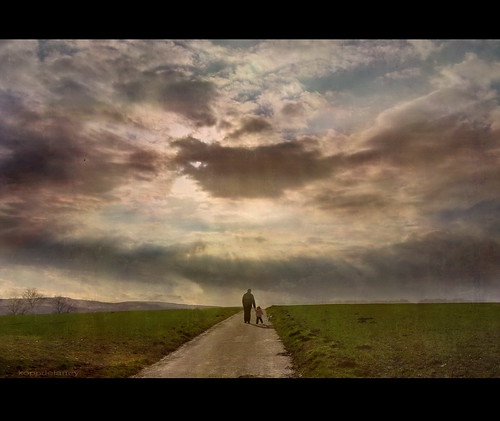
Earlier this week, I wrote a guest post over at FrogLoop blog about Five Social Media Books, although not everyone liked the post. I admit that I mostly read non-fiction, but if I only read social media or geeky books that would be too narrow. It is less about the tools and more about the new mindsets you need to be successful. There are two excellent books that talk about this in the context of running an organization and addressing social issues – and I plan to review these in more depth next week. Both by authors with first names of Brian. Brian Solis’s The End of Business As Usual and Brian Reich’s Shift and Reset
Here is another list of books how to information about skills that one needs to be successful in a connected world, like transdisciplinarity – that is literacy in and ability to understand concepts across multiple disciplines. (So that’s why I do a lot of reading outside of my main discipline and think about how the concepts might apply to being an effective networked nonprofit.)
Here are six fantastic books that I read this year that help you gain 21st century skills like learning from failure, reflection, visualization, and more.
Brilliant Mistakes by Paul H.J. Schoemaker
If you have ever flown in an airplane, used electricity from a nuclear power plant or taken an antibiotic, you have benefited from a brilliant mistake. Each of these life-changing innovations was the result of many missteps and an occasional brilliant insight that turned a mistake into a surprising portal of discovery. There are countless books that tell you how to avoid mistakes. Paul Schoemaker, founder and executive chairman of Decision Strategies international and research director of Wharton’s Mack Center for technological innovation, shares critical insights on the benefits of making well-chosen mistakes. Based on solid research and insights from more than 100 organizations, he provides a roadmap for using mistakes to accelerate learning for your organization and yourself. This book is a great read. If you’re doing social media and you’re trying to be perfect, get over it – you won’t learn how to improve what you’re doing. This book will help.
Brilliance by Design by Vicki Halsey
I’ve been curating resources on training techniques and capacity building over at scoop.it and discovered this book in the stream. A lot of work I do around social media is training — good training requires good design – not just content. This book is filled with great tips on designing engaging learning experiences that help your participants connect, inspire, and engage. The model balances content, learning design, and participants. The ideas, tips, and tricks are grounded in adult learning theory, but the book is very practical.
Visual Teams: Graphic Tools for Commitment, Innovation, and High Performance by David Sibbet
I love David Sibbet, Rachel Smith, and everything Grove Consulting does. I had the pleasure of taking the visual facilitation workshop last fall (my write up is here). This book builds on David’s first book, on visual meetings – and gets into how you can incorporate visual tools for collaboration – both in real-time, face-to-face settings as well as using online tools. I’ve been integrating visual learning techniques into workshops for the past couple of years, but Sibbet’s ideas have helped me take them to a new level.
Why Success Always Starts with Failure by Tim Harford
I’ve been tracking and reading about failure and adaptive organizations for years and curating resources over at scoop.it. Tim Harford is one of the best thinkers on the idea of learning from failure and how organizations need to become more adaptive. The book is well-researched, well-written – and gives you the map for navigating in an increasingly complex world.
Now You See It by Cathy Davidson
Another topic that I’ve been tracking for a few years is information overload, with an emphasis on information coping skills. I’ve followed Cathy Davidson’s work ever since I stumbled upon her work at Hastac. The book is a great read, a refreshing take on how to manage attention deficit and information overload caused by our connected 24/7 always on lifestyles. She points out that distraction is not the enemy. Now that we’re on the cusp of a society that has come of age with the Internet and social networks, we need to re-think everything and hone skills to deal with the constant and global scale of connectedness.
Developmental Evaluation: Applying Complexity Concepts to Enhance Innovation and Use by Michael Quinn Patton
Michael Quinn Patton is the godfather of evaluation. I had the honor to interview him for this blog post back in 2009 -he’s a fantastic storyteller. If you’re working in social media and wondering why you should even bother to read a book in developmental evaluation, let me explain. Develpomental evaluation is an approach to monitoring and supporting a program by working in partnership with your audience. Social media techniques like listening, engaging, and crowdsourcing – are developmental evaluation techniques at their finest. This book will give you a way to be more intentional about your social media work and improve it. The chapter on reflective practice is also essential if want to transform your social media metrics intos meaningful wisdom to improve your social media strategy – the chapter offers a process for doing so.
What are some of your favorite books this year for learning how to survive and thrive in a complicated world?
Beth Kanter is a consultant, author, influencer. virtual trainer & nonprofit innovator in digital transformation & workplace wellbeing.

Leave a Reply